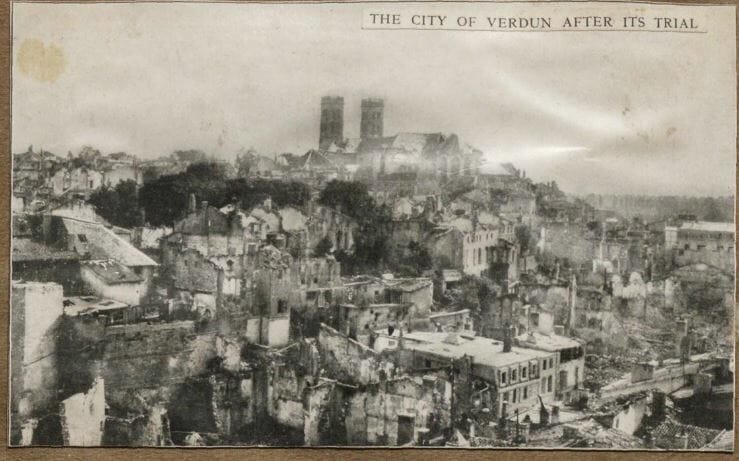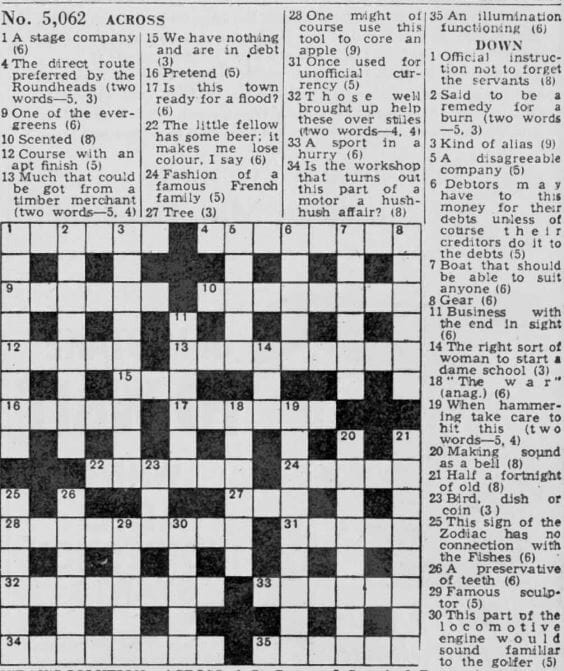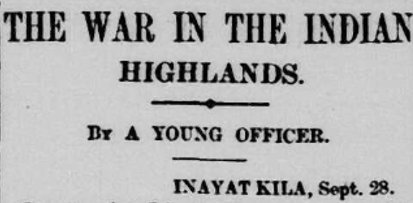It is widely regarded as the battle of the First World War; an enormous clash of attrition which epitomised the bloody stalemate of the war. The ten-month Battle of Verdun began 100 years ago, with German Chief of Staff General von Falkenhayn seeking to ‘bleed France white’ by launching an all-out attack on the narrow stretch of land at Verdun. Over a thousand German artillery guns fired upon the vastly inferior number of French troops – they had just 30,000 men, against 140,000 Germans – along a six-mile stretch of the French front. The battle which followed was to last for over 300 days. By looking at personal sources from Nineteenth Century Collections Online, the sheer scale of this part of the conflict is clear to see.
The Telegraph
Cracking the Enigma Code: The Daily Telegraph’s Crossword Challenge
The Daily Telegraph newspaper is known for its ‘high tone’ and has acquired a reputation for being ‘serious, popular and pioneering’ over the years. A sign of its status can be traced back to the Second World War, where its editor’s willingness to depart from convention ensured the newspaper’s critical involvement in the War’s outcome. For the newspaper did not simply stand back and report on events, although the work of first female war correspondent Clare Hollingworth should not be downplayed, but unwittingly engaged itself in the Allied cause.
Tales for the ‘Every-day Reader’: Winston Churchill and the ‘War in the Indian Highlands’
When the name ‘Winston Churchill’ is mentioned, images of a heroic war leader with cigar in mouth and face set in steely determination are usually the first to come to mind. His wartime speeches became iconic in symbolising gung-ho British determination to battle on through endless bloodshed, helping steer Britain through the turmoil of a cataclysmic conflict. Yet, with perhaps less well-known flair, the former Prime Minister proved equally adept on paper. This is evident in his first published material: a series of war letters commissioned for British newspaper The Daily Telegraph.



